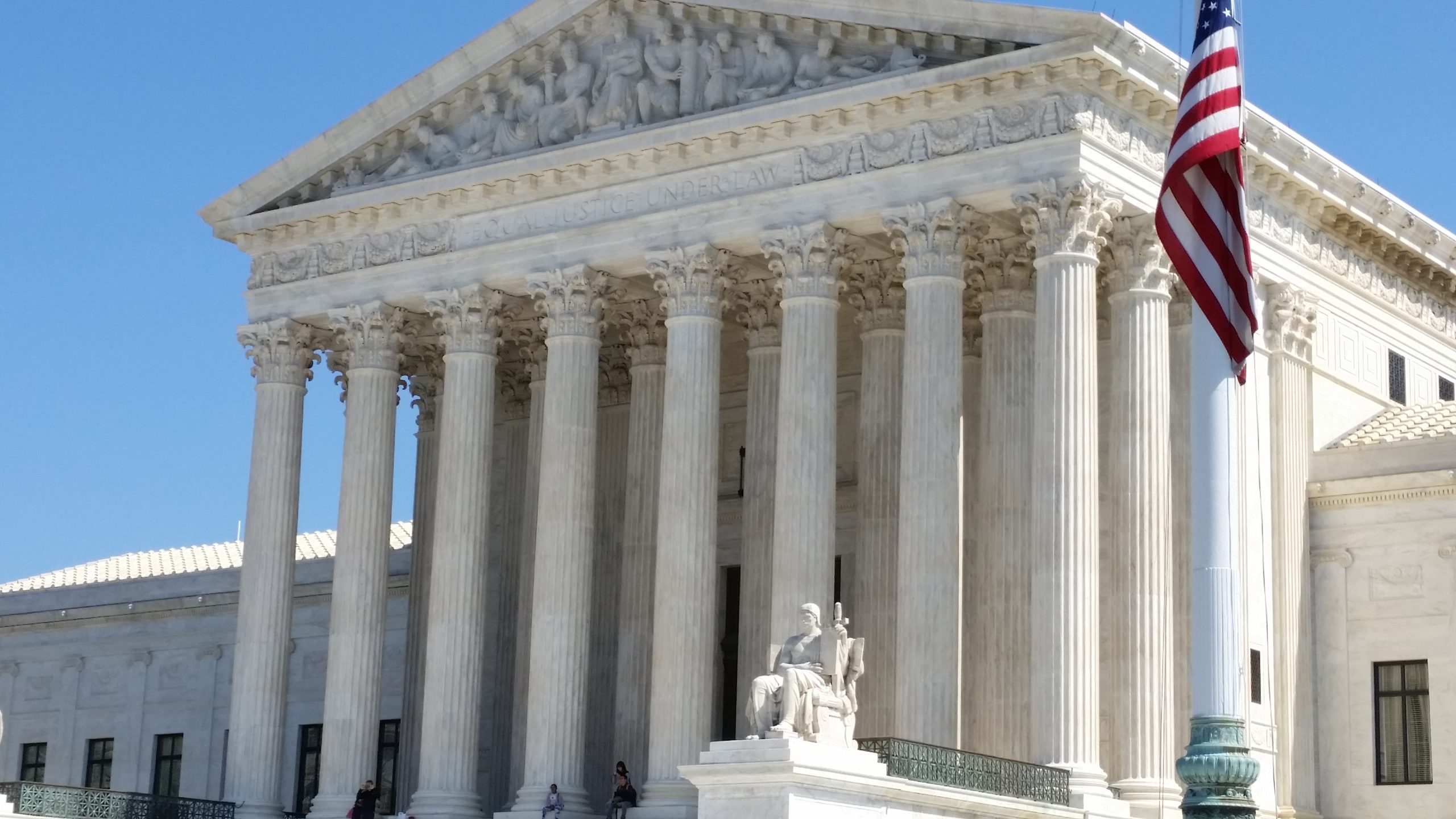- Free Consultation: (631) 352-0050 Tap Here to Call Us
Federal Judges: A Primer

On January 31, 2017, President Trump nominated Judge Neil Gorsuch to the United States Supreme Court. Supreme Court decisions can have important impacts on employment and civil rights matters. Accordingly, today’s blog provides an introduction to the Federal court system to show why the Supreme Court is so important.
The Federal court system is established by Article III of the United States Constitution. The Constitution requires a Supreme Court, but allows Congress to create “inferior” or lower courts. Indeed, overtime, Congress has passed laws resulting in the Federal court system we have today. Understanding this system is key to understanding why the Supreme Court is so important.
At the lowest level are the United States District Courts. District Court judges are nominated by the President and must be confirmed by the Senate, just like Supreme Court justices. District Judges hold their positions for life; in other words, they do not need to be reappointed or re-elected. Also at the District Court level, Congress has created Magistrate Judge positions to help with the case load. Since Magistrate Judges were created by acts of Congress and not pursuant to Article III of the Constitution, Magistrate Judges do not serve for life and they cannot decide all aspects of cases, as District Judges can, unless the parties agree to have the Magistrate Judge hear the case.
District Courts are empowered to hear only certain types of cases, called jurisdiction. To have a case heard in a Federal District court, the case must involve a question of Federal law or involve parties who live in different states, among other ways. This is why most cases, such as breach of contracts and car accidents, are heard in State courts which have general jurisdiction to hear a wide variety cases. Because employment law usually touches on Federal anti-discrimination laws, F&W practices primarily in Federal Courts. The Federal Courts in our area are the Eastern District of New York (EDNY) which covers Long Island, Brooklyn, Queens, and Staten Island, and the Southern District of New York (SDNY) which covers Manhattan, Bronx, and some lower Hudson valley counties.
At the next level are the Courts of Appeals. Courts of Appeals are divided into 13 “Circuits” and hear appeals from the District Courts in their jurisdiction. The Circuit Courts generally sit with panels of judges — usually three judges. The Circuit Judges are similarly appointed by the President, confirmed by the Senate, and then serve for life.
The Second Circuit Court of Appeals sits in Manhattan and takes cases from District Courts in New York, Vermont, and Connecticut. When a Court of Appeals makes a decision interpreting the law, that interpretation is binding on the District Courts in that Court of Appeals’ jurisdiction for any future Courts facing a similar question decided by the Court of Appeals. This concept is known as precedent or stare decisis and is vital to understanding how our legal system works. Notably, while a decision by the Second Circuit is binding on judges in the EDNY or SDNY, it would not be binding on a judge in California or Texas. Those judges would look for guidance from decisions issued by the Court of Appeals in their area.
After the Courts of Appeals comes the Supreme Court, comprised of nine justices appointed by the President and confirmed by the Senate. Although in some very limited circumstances the Supreme Court can be a court of original jurisdiction, meaning the lawsuit is begun in the Supreme Court, it generally acts as an appellate court, hearing cases that started in the District Courts and made their way through the Courts of Appeals or through State court systems. The Supreme Court is the highest Court in the nation. This means that when the Supreme Court makes a decision interpreting the law, that interpretation is binding on all the other Courts in the country and even on the Supreme Court, were it to hear a similar case in the future. This is why the Supreme Court is so important and why nominations can be divisive. Supreme Court justices are appointed for life, and so they can influence Court decisions for generations. All nine justices hear all cases, so each justice alone is just a “vote,” but because the opportunity to appoint a new judge comes along infrequently, each selection is important in framing the court as a whole.
The Supreme Court does not necessarily have to be the “end of the line” on any issue, though. The Supreme Court is like the other branches of government and so there are checks and balances. If Congress or the People disagree with an interpretation, Congress can change the law or a Constitutional amendment can be passed. This famously happened in 2009 with the “Lilly Ledbetter Act.” After the Supreme Court interpreted a provision of the Equal Pay Act in a way in which Congress disagreed (the plaintiff in that case was Lilly Ledbetter), Congress passed a law clarifying its intentions and essentially overturned the Supreme Court’s decision.
If you have questions about the Federal court system, the Supreme Court, or the nomination process, contact the employment lawyers on Long Island at Famighetti & Weinick, PLLC at 631-352-0050 or visit our website at https://www.linycemploymentlaw.com.








